Online CDL Permit Practice Tests
state Illinois
Ace Your Illinois CDL Exam: Free Practice Tests
Don't waste your time - start practicing with free online tests today
Our free online CDL practice tests cover all the essential topics, including General Knowledge, Air Brakes, and Combination Vehicles. Practice at your own pace, anytime, anywhere, to build your confidence and ensure you’re fully prepared for your CDL exam.
General Knowledge Test
Air Brakes
Test
Combination Vehicle Test
Step-by-Step Guide to Getting a CDL in Illinois
Step 1: Determine Your CDL Class and Endorsements
In Illinois, the first step to obtaining a Commercial Driver’s License (CDL) is identifying the correct CDL class and any required endorsements based on the type of vehicle you will operate and the cargo you plan to transport. The Illinois Secretary of State sets clear guidelines for CDL classifications and endorsements.
CDL Classes in Illinois:
Class A is required to operate combination vehicles with a Gross Combination Weight Rating (GCWR) of 26,001 pounds or more, where the vehicle being towed has a Gross Vehicle Weight Rating (GVWR) of more than 10,000 pounds. This class is typically for drivers of tractor-trailers and large combination vehicles.
Class B is needed to operate a single vehicle with a GVWR of 26,001 pounds or more, or a vehicle towing another vehicle that weighs 10,000 pounds or less. This class applies to vehicles such as large buses, dump trucks, and straight trucks.
Class C is required for vehicles that do not meet the criteria for Class A or B but are designed to transport 16 or more passengers (including the driver) or are used to transport hazardous materials that require placarding. This class includes small passenger vehicles and vehicles transporting hazardous materials.
CDL Endorsements in Illinois:
Depending on your specific job duties, you may also need one or more endorsements added to your CDL. These endorsements require additional testing.
The Hazardous Materials (H) endorsement is required to transport hazardous materials and involves passing a knowledge test and completing a federal background check with fingerprinting.
The Tank Vehicle (N) endorsement allows you to operate vehicles that transport liquids or gases in bulk tanks and requires a knowledge test.
The Passenger (P) endorsement is required to operate vehicles designed to carry 16 or more passengers, including the driver, and requires both knowledge and skills tests.
The School Bus (S) endorsement is necessary if you plan to operate a school bus and also requires knowledge and skills tests. It is typically combined with the Passenger endorsement.
The Double/Triple Trailers (T) endorsement allows you to pull double or triple trailers and requires a knowledge test.
Before applying for your CDL in Illinois, it is important to determine the correct class and endorsements for your intended driving. This ensures you are prepared for the appropriate tests and meet all state requirements for the vehicles and cargo you plan to operate.
Step 2: Obtain a Commercial Learner's Permit (CLP):
After determining your CDL class and necessary endorsements, the next step to getting your CDL in Illinois is obtaining a Commercial Learner’s Permit (CLP). The CLP allows you to practice driving a commercial vehicle on public roads while being supervised by a qualified CDL holder.
To apply for a CLP in Illinois, you must already have a valid Illinois non-commercial driver’s license and meet age requirements. You must be at least 18 years old to drive a commercial vehicle within Illinois (intrastate) and 21 years old to drive across state lines (interstate) or transport hazardous materials.
When applying for your CLP, you must provide acceptable proof of identity, lawful presence in the U.S., your Social Security Number, and Illinois residency. You will also need to complete a Vision Screening and pass the appropriate written knowledge tests based on the class of CDL you are applying for and any endorsements you need. Common knowledge tests include the General Knowledge Test, Air Brakes Test, Combination Vehicles Test, and tests for endorsements such as Passenger, Hazardous Materials, or Tankers.
Once you pass the required tests and pay the application fee, the Illinois Secretary of State will issue your CLP. Your CLP is valid for 180 days and can be renewed one time for an additional 180 days if needed.
While holding a CLP, you are only permitted to operate a commercial vehicle when accompanied by a licensed CDL holder who is at least 21 years old and qualified to drive the same class of vehicle, with the appropriate endorsements. The supervising CDL holder must sit in the front passenger seat during all driving practice.
You must hold your CLP for at least 14 days before you are eligible to take the CDL skills test.
It is essential to use your CLP period to get as much driving practice as possible, focusing on the skills you will be tested on during the CDL road exam.
Step 3: Complete Entry-Level Driver Training (ELDT):
In Illinois, before you can take the CDL skills test, you may be required to complete Entry-Level Driver Training (ELDT). This is a federal requirement enforced by the Federal Motor Carrier Safety Administration (FMCSA) that began on February 7, 2022, and Illinois follows this regulation.
You are required to complete ELDT if you are:
- Applying for a Class A or Class B CDL for the first time.
- Upgrading an existing CDL from Class B to Class A.
- Obtaining specific endorsements for the first time, such as Hazardous Materials (H), Passenger (P), or School Bus (S).
ELDT must be completed through a provider registered with the FMCSA Training Provider Registry (TPR). The training provider must submit proof of your completed training to the federal system before you are allowed to take your skills test or certain endorsement tests.
The ELDT program consists of two main parts:
Theory Instruction – This covers important safety topics, driving regulations, vehicle operation, and cargo handling. Theory training can often be completed in a classroom or online.
Behind-the-Wheel (BTW) Training – This includes hands-on practice driving a commercial vehicle on a driving range and on public roads. You must demonstrate basic control, safe driving skills, and proper vehicle handling.
ELDT is a one-time requirement. Once you complete it for your specific CDL class or endorsement, you do not need to retake it unless you are applying for a new, applicable upgrade or endorsement in the future.
Without successfully completing ELDT, you cannot move forward with scheduling your CDL skills test or taking the Hazardous Materials knowledge test.
For accurate and updated information on ELDT requirements and approved training providers in Illinois, you can check with the Illinois Secretary of State or visit the FMCSA Training Provider Registry.
Step 4: Practice with Your CLP:
Once you have received your Commercial Learner’s Permit (CLP) in Illinois, you are required to practice driving a commercial vehicle to prepare for the CDL skills test. The law requires that you hold your CLP for at least 14 days before you are eligible to take the skills test. This practice period is designed to help you become comfortable operating a commercial vehicle and gain experience under real driving conditions.
While practicing with your CLP, you must be accompanied by a qualified CDL holder who is at least 21 years old and holds a valid CDL for the same class of vehicle you are driving. The supervising driver must also have the proper endorsements for the vehicle type, and they are required to sit in the front passenger seat at all times while you are behind the wheel.
During this practice period, it is recommended that you focus on building your skills in the key areas that will be tested during your CDL skills exam, including:
- Performing a full pre-trip vehicle inspection.
- Practicing basic vehicle control maneuvers, such as backing, turning, and parking.
- Driving on public roads, handling intersections, lane changes, curves, and various traffic situations safely.
The CLP practice period is an essential part of the CDL process in Illinois, giving you the opportunity to gain real-world experience before taking your road test. Make sure to get as much practice time as possible, so you are well-prepared to demonstrate your abilities during the CDL skills test.
Step 5: Schedule and Pass the CDL Skills Test:
After holding your Commercial Learner’s Permit (CLP) for at least 14 days and completing your required practice, the next step is to schedule and pass the CDL skills test in Illinois. This test is required to demonstrate that you have the knowledge and ability to safely operate a commercial vehicle.
The CDL skills test in Illinois is made up of three parts:
Pre-Trip Vehicle Inspection
You must show that you can correctly inspect your vehicle to ensure it is safe to drive. This includes identifying and explaining the components of the vehicle and describing how you would check them.Basic Vehicle Control Skills Test
In this section, you must demonstrate your ability to control the vehicle by completing specific maneuvers such as straight-line backing, offset backing (left or right), and parallel parking (either driver side or conventional).On-Road Driving Test
This portion of the test takes place on public roads. You will drive while an examiner evaluates how you handle various traffic situations, such as turns, lane changes, intersections, highway driving, and obeying traffic signs and signals.
Before taking the skills test, make sure the vehicle you use meets the requirements for the CDL class you are testing for and is in safe operating condition. If your vehicle is missing certain equipment, like air brakes, or if you take the test in an automatic transmission, restrictions may be added to your CDL.
You must schedule your skills test at a designated Illinois CDL testing facility. Testing appointments can be made through the Illinois Secretary of State facilities that offer CDL services.
Once you pass all three parts of the skills test, your results will be entered into the system, and you will be eligible to apply for your Commercial Driver’s License (CDL).
Step 6: Obtain Your CDL:
After you successfully pass all three parts of the CDL skills test in Illinois, the final step is to officially obtain your Commercial Driver’s License (CDL). Once your passing test results are recorded by the Illinois Secretary of State, you can complete the licensing process.
To receive your CDL, you must visit an Illinois Secretary of State facility that processes CDL transactions. When you apply for your CDL, you will need to bring the following:
- Your valid Illinois driver’s license.
- Your Commercial Learner’s Permit (CLP).
- Your Medical Examiner’s Certificate (DOT medical card), if required.
- Proof of identity, lawful presence, Social Security Number, and Illinois residency (if not already on file).
- Payment for the CDL issuance fee (the amount depends on the class of license and endorsements you are obtaining).
Once your documents are verified and your fees are paid, your CDL will be processed and issued. Your new license will reflect the class of CDL, any endorsements you have earned, and any applicable restrictions based on the type of vehicle you used during your skills test.
After receiving your CDL, it is your responsibility to:
- Keep your medical certification current with the Illinois Secretary of State.
- Renew your CDL before it expires (most CDLs in Illinois are valid for 4 years).
- Maintain a clean driving record and comply with all state and federal regulations to avoid suspension or disqualification.
- Update your address or personal information as needed.
At this stage, you are fully licensed and legally authorized to operate commercial vehicles in accordance with your CDL class and endorsements in Illinois.
Additional Considerations:
When obtaining and maintaining your CDL in Illinois, there are important rules and responsibilities to be aware of to stay compliant and protect your CDL status:
Medical Certification Requirements
Most CDL holders in Illinois must maintain a valid Medical Examiner’s Certificate (DOT medical card). You are required to self-certify your type of commercial driving (interstate or intrastate) with the Illinois Secretary of State. If your medical card expires or is not updated on time, your CDL privileges may be downgraded, suspended, or canceled.
Hazardous Materials Endorsement (HME)
If you plan to transport hazardous materials, you must apply for a Hazardous Materials (H) endorsement. This requires passing a written knowledge test and completing a federal TSA background check, which includes fingerprinting and a security threat assessment. The background check must be renewed every five years.
Military Skills Test Waiver
Illinois participates in the Military Skills Test Waiver Program. If you have recent experience operating large military vehicles, you may qualify to waive the skills test. However, you must still pass the required written knowledge tests and meet all other CDL requirements.
Driving Record and Disqualifications
CDL holders are held to stricter standards than regular drivers. Serious offenses—such as DUI, leaving the scene of an accident, or using a vehicle to commit a felony—can result in the suspension, revocation, or permanent disqualification of your CDL. Even violations committed in your personal vehicle can impact your CDL status.
Renewals and Expiration
In Illinois, CDLs are typically valid for four years. It is your responsibility to renew your CDL before it expires and to ensure all endorsements and medical certifications remain active and current.
Restrictions Based on Skills Test Vehicle
If you take your CDL skills test in a vehicle with automatic transmission, no air brakes, or other limitations, those restrictions will appear on your CDL. Be sure to test in a vehicle that matches the equipment you intend to operate.
Reporting Requirements
CDL holders must notify the Illinois Secretary of State of any address changes, medical certification updates, or convictions from other states to stay compliant with federal and state regulations.
Staying informed and meeting these responsibilities will help you protect your CDL and continue your career as a professional driver in Illinois. For more information, always refer to the official guidance from the Illinois Secretary of State.



